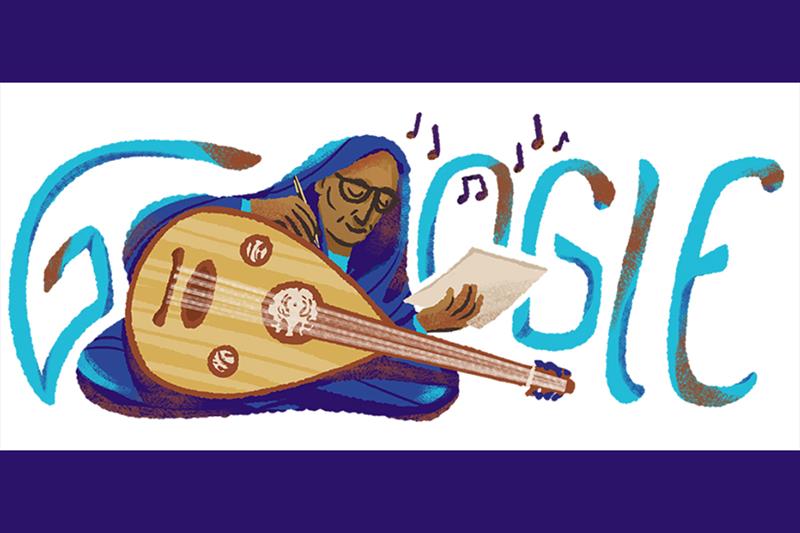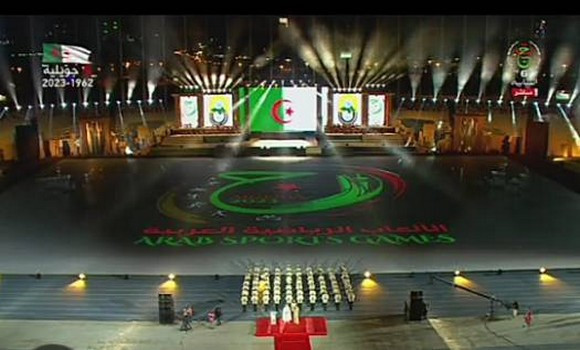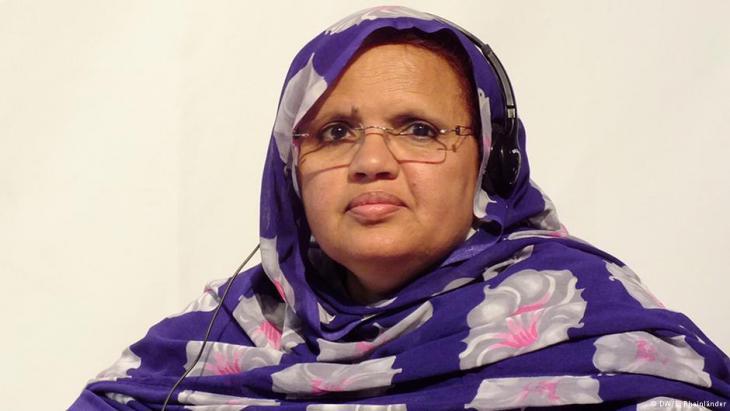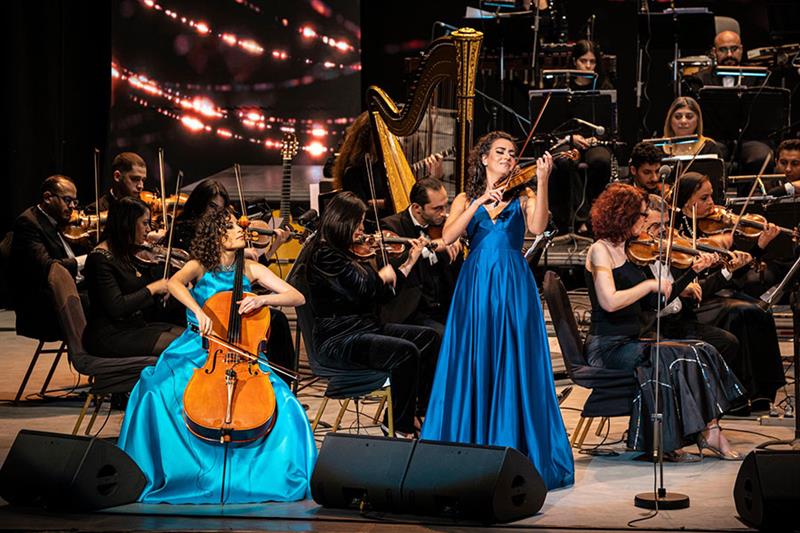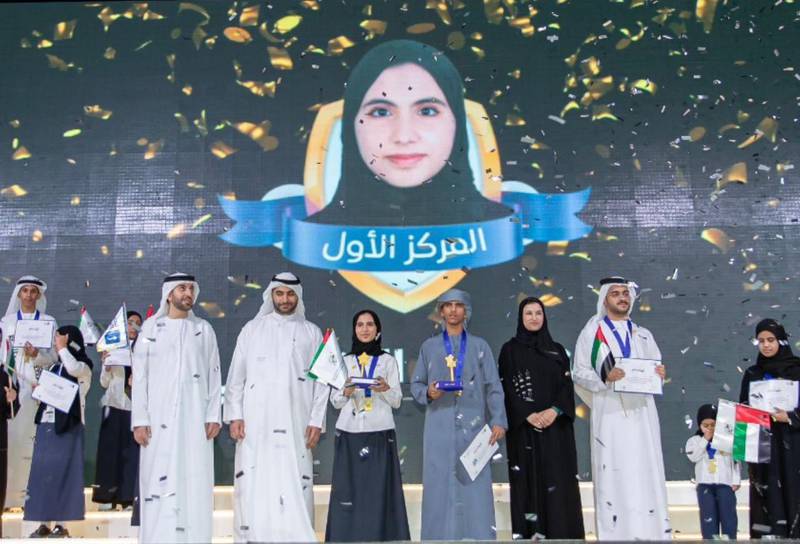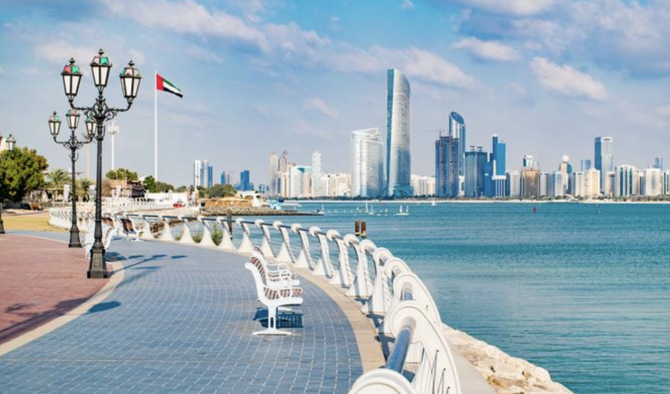Rise of national team matched by that of country’s female referees.
When the Moroccan national women’s football team next takes to the pitch, their feat will be recorded for ever in the history books.
The Atlas Lionesses play Germany in Australia on July 24, becoming the first Arab nation to play in the Fifa Women’s World Cup.
But it is not just the players who are changing the future of the sport.
The rise of the Moroccan women’s team goes hand in hand with the successes of the country’s female referees, who have made huge strides in breaking the long male monopoly on football officiating.
Three female Moroccan football referees, Bouchra Karboubi, Fatiha Jermoumi and Soukaina Hamdi, have been appointed by Fifa, the sport’s world governing body, to referee at the Women’s World Cup, which kicks off on Thursday in Australia and New Zealand.
Aside from Palestinian Heba Saadieh, the women are the only female Arab football officials at the tournament.
“Morocco’s female football teams have witnessed a significant growth in recent years, in terms of numbers, age categories and locations, which [created the need for] qualifying female referees to officiate their games, and hence creating opportunities for those with great potential in that field,” said Brahim Chokhmane, sports editor at Tunisian newspaper Le Matin.
Mr Chokhmane pointed to a growing trend in the region to try to close the gender gap in sports — and in football in particular.
He said the Royal Moroccan Football Federation (RMFF) has begun to follow the trend.
In June, the Confederation of African Football (CAF) said clubs wanting to participate in the 2023-2024 Champions League and Confederation Cup competitions must have women’s professional teams.
Last year’s African Cup of Nations was the first time the tournament put out an all-female line-up of match officials – among them Morocco’s Jermoumi and Karboubi.
Women refereeing men’s matches
Women in Morocco have never been closer to equality with their male counterparts on the football pitch.
In March 2023, the federation appointed the first female coach in North Africa to train a men’s football team.
Last year, it appointed Karboubi to be the first woman in the Arab world to officiate a final of a men’s professional competition. Jermoumi was a first assistant at the country’s most prestigious football tournament, the Moroccan Throne Cup.
In 2020, the RMFF launched several football tournaments for women footballers and set a target of 90,000 amateur female players.
The moves have inspired more women to play – and referee – football.
Zakia El Grini, 33, who earned her Fifa badge as a football referee in 2022, said: “More Moroccan women feel confident nowadays to train, and work, as football referees, thanks to those who pioneered in the field and paved the way for others, and to the increasing number of female footballers.”
Less than two decades ago, there were fewer than 15 locally accredited Moroccan female football referees.
There are now eight internationally accredited female referees and more than 120 locally licensed ones.
Hafsa Ayab, 15, a student at the refereeing school for the Chaouia Doukkala Regional Football League, in the west of Morocco, told The National that she sees Karboubi as a role model and dreams of reaching the same success.
“I was not a fan of football itself as a game, but have found my passion in refereeing,” she said. “I am lucky to be able to pursue this dream.”
As the number of Moroccan players increase significantly, Moroccan referee Soukaina Hdia, 32, said more women will be encouraged to take part.
“And it will continue to increase, especially as more Moroccan women partake in global events,” she said. “It will encourage more females to do the same. I recall how, in 2009, I was the only female football referee in the Chaouia Doukkala region, but now there are dozens”.
‘Bullying doesn’t stop’
The pursuit of a refereeing career for women is not an easy one, Hdia said.
“I have been in this profession since 2009, and the bullying doesn’t stop, especially during interviews, or from the audience. I did grow immune to negative comments, though.”
Karboubi too has been the target of harassment and bullying.
After officiating Morocco’s Throne Cup’s final last year, images of the referee side by side with pictures of a kitchen went viral on social media, as some football fans took umbrage at Karboubi’s decision to show a yellow card to one player.
Ranked 136 of 146 countries in the World Economic Forum’s Gender Gap Index, Morocco’s women live lives strongly determined by deeply ingrained gender roles.
“The bullying is sometimes worse against female referees with headscarves, like what happened to me,” said El Grini, who officiated the kingdom’s Throne Cup this year.
“But the main obstacle preventing many Moroccan women from pursuing football refereeing as a career is the family. Many still view refereeing as meant only for men, but the truth of the matter is that sports and refereeing are open to all,” she said.
This story is published in collaboration with Egab.
source/content: thenationalnews.com (headline edited)
____________

Moroccan referee Bouchra Karboubi duuring a match between AS Far and Moghreb Atletico Tetouan in Agadir last year. AFP
______________
MOROCCO

